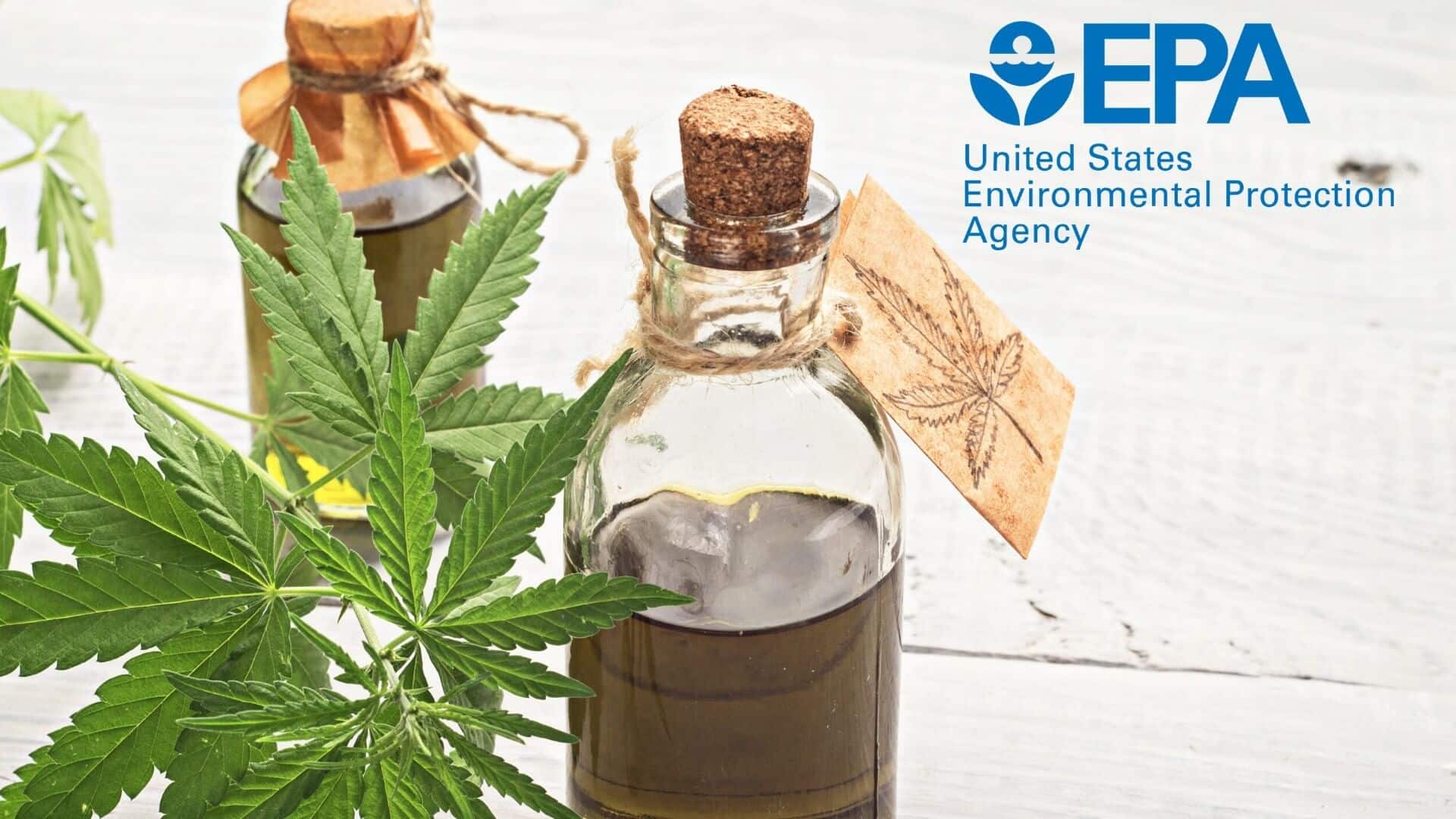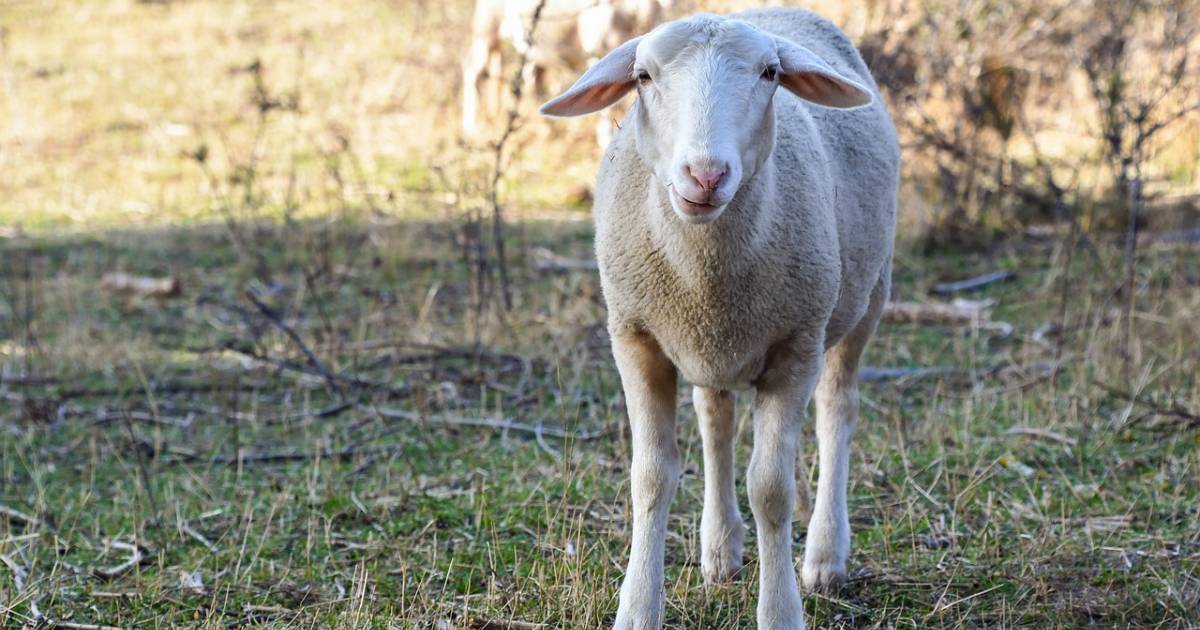Source: marijuanamoment.net

The House will be voting on a comprehensive marijuana legalization bill in September, congressional leadership confirmed on Friday.
While the floor vote has not yet been scheduled, Majority Whip James Clyburn (D-SC) said in an email blast to members that the chamber is “expected” to take up the Marijuana Opportunity, Reinvestment and Expungement (MORE) Act during the “September work period.”
Marijuana Moment first reported in July on imminent plans to hold a House vote on the cannabis descheduling bill. The legislation, introduced by Judiciary Committee Chairman Jerrold Nadler (D-NY) last year, cleared his panel and was referred to several other committees. It’s not clear whether those committees will waive jurisdiction or mark up the bill in order for it to get a full chamber vote
The MORE Act would federally deschedule cannabis, expunge the records of those with prior marijuana convictions and impose a federal five percent tax on sales, revenue from which would be reinvested in communities most impacted by the drug war.
It would also create a pathway for resentencing for those incarcerated for marijuana offenses, as well as protect immigrants from being denied citizenship over cannabis and prevent federal agencies from denying public benefits or security clearances due to its use.
Clyburn’s email asks lawmakers to report back by Monday to say whether they plan to support the bill on the floor.
“Less than two years ago, we put out our blueprint outlining a path to cannabis legalization in the 116th Congress,” Rep. Earl Blumenauer (D-OR), a chief advocate for reform in Congress, told Marijuana Moment. “Now, after many months of hard work and collaboration, we finally have a chance to end the failed policy of prohibition that has resulted in a long and shameful period of selective enforcement against people of color, especially Black men.”
“As people across the country protest racial injustices, there’s even greater urgency for Congress to seize this historic opportunity and finally align our cannabis laws with what the majority of Americans support, while ensuring restorative justice,” he said.
In a letter to House leadership earlier this month, a coalition of major drug policy and civil rights organizations—including the American Civil Liberties Union, NAACP, Human Rights Watch, Drug Policy Alliance (DPA)—called for a floor vote on the MORE Act by the end of September.
“We are ecstatic to see congressional leadership take the next steps to vote on the MORE Act next month,” Queen Adesuyi, policy manager for DPA, told Marijuana Moment. “Advancing this bill meets the principles of this political moment where millions of Americans are demanding changes to the status quo. House Democrats have the incredible opportunity to move a bill that enjoys bipartisan support while responding to the calls for justice reform and racial justice reverberating across the country.”
Rep. Barbara Lee (D-CA), who, along with Blumenauer, is a co-chair of the Congressional Cannabis Caucus, said it is “extremely encouraging to see our House leadership moving forward on this issue.”
“We are facing challenging times in our fight for racial equity and law enforcement reform, and passing the MORE Act is crucial to addressing our country’s history of injustice,” she said. “This is the next step in our goal of ending the harmful prohibition of cannabis in 2021.”
If the House approves the bill, there will still be an open question about whether the Republican-controlled Senate would follow suit. Majority Leader Mitch McConnell (R-KY) is a strong advocate for hemp, but he’s maintained steadfast opposition to broader marijuana reform. That said, he did hold closed-door meetings with industry representatives last year.
It’s possible the House action could spur the Senate to take up a more dialed back piece of cannabis reform legislation such as the Strengthening the Tenth Amendment Through Entrusting States (STATES) Act, however. That bill, which is sponsored by Sens. Cory Gardner (R-CO) and Elizabeth Warren (D-MA), would simply allow states to set their own marijuana policies without fear of federal intervention.
Gardner could use that legislative win as he trails behind former Colorado Gov. John Hickenlooper (D) in his reelection race. What’s more, President Trump has expressed support for the proposal.
The vote on the MORE Act will not be the first time the House has taken up cannabis reform on the floor this Congress.
The chamber approved a coronavirus relief package in May that includes provisions to protect banks that service state-legal marijuana businesses from being penalized by federal regulators. It also approved the standalone Secure and Fair Enforcement (SAFE) Banking Act last year.
Advocates were disappointed after lawmakers declined to include marijuana legalization as part of a recent policing reform bill the House passed. Several legislators made the case that it was an appropriate vehicle for the policy change, as ending cannabis criminalization would minimize police interactions.
“Passage of The MORE Act is essential in order to truly right the wrongs of federal marijuana criminalization, and to once and for all allow the majority of states that have legalized cannabis for either medical or adult-use to embrace these policies free from the threat of undue federal prosecution or interference,” NORML Deputy Director Paul Armentano said.
“A House floor vote will put our federal lawmakers on record,” he added. “We will know who stands with the majority of Americans in supporting an end to the failed federal policy of marijuana prohibition, and equally importantly, we will know in Congress wishes to continue to threaten the freedom and liberty of the millions of Americans who reside in states that have enacted common-sense alternatives to cannabis criminalization.”
A Democratic senator recently said that legalization would be a 2021 priority if Democratic presidential nominee Joe Biden and his running mate Sen. Kamala Harris (D-CA) are elected.
That said, legalization is decidedly not a Biden priority, as the former vice president has maintained an opposition to the broad reform despite supermajority support among Democrats. He’s drawn the line at cannabis possession decriminalization, medical marijuana legalization, expungements and modest rescheduling.
Harris, meanwhile, is the lead Senate sponsor of the MORE Act.
The Democratic National Committee’s platform committee recently rejected an amendment that would’ve added legalization as a 2020 party plank. Some advocates suspect that’s because the party didn’t want to adopt a policy at odds with the agenda of their presidential nominee.
Lee voted against that DNC amendment but she recently said that Biden needs to evolve and support legalization.
Read Clyburn’s full email below:
The House will be voting soon on H.R. 3884, the Marijuana Opportunity Reinvestment and Expungement Act (MORE Act); and H.R. 7856, the Fiscal Year 2021 Intelligence Authorization Act
H.R. 3884, the Marijuana Opportunity Reinvestment and Expungement Act (MORE Act)
During the September work period, the House is expected to consider H.R. 3884, the Marijuana Opportunity Reinvestment and Expungement Act (MORE Act). The MORE Act decriminalizes marijuana at the federal level by removing it from the Controlled Substances Act. This would allow state law to determine the status of marijuana legality for each state.
The bill also requires federal courts to expunge prior marijuana-related convictions and arrests and authorizes the assessment of a 5% sales tax on marijuana and marijuana products to create an Opportunity Trust Fund. This fund would include grant programs administered by the Department of Justice and the Small Business Administration to support individuals who have been adversely affected by the War on Drugs, provide assistance to socially and economically disadvantaged small business owners, and minimize barriers to marijuana licensing and employment.


